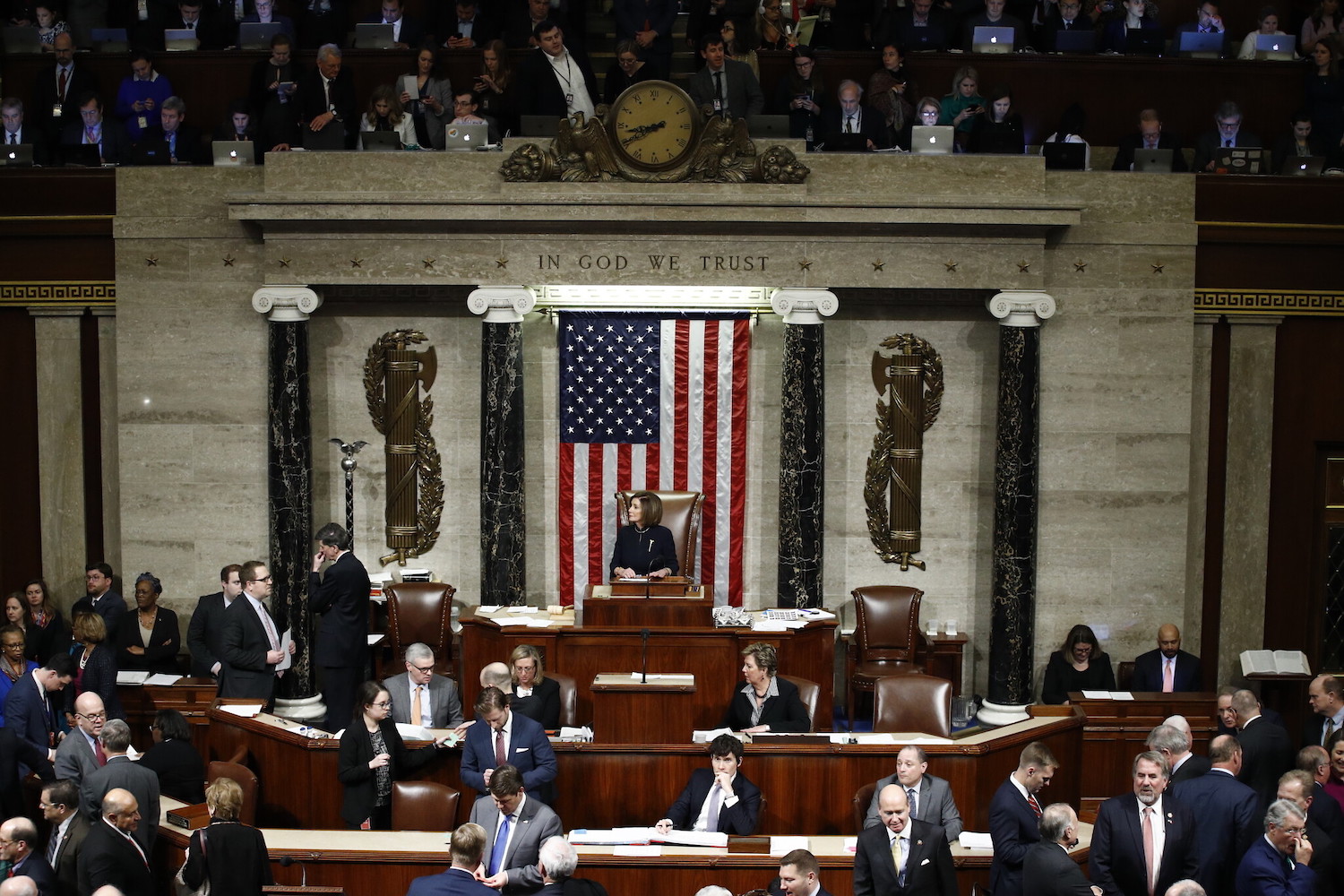The concept of a circular economy has been steadily gaining momentum as of recent years. While on the surface they seem promising, circular economies flaunt a deceptive image that might be too much for it to handle.
A promising notion
With massive organizations such as the Ellen Macarthur Foundation and the European Commission behind its back, there’s no wonder why circular economies quickly caught on. Besides, its underlying premise is awfully attractive. As defined by Ellen Macarthur Foundation:
“A circular economy is based on the principles of designing out waste and pollution, keeping products and materials in use, and regenerating natural systems.”
Ask anyone, the idea of such a zero-waste economy is delightful. Such an economy will be practically devoid of waste. It will be highly efficient both in terms of energy and resources.
From our partners:
Or would it?
Not as circular as you may think
The thing is, circular economies are not as circular as it is being passed off.
In their article, Zink and Geyer (2017) emphasized that there is nothing inherently green with circular economies. The idea of using waste streams as inputs of another process does in no way guarantee reduction in environmental impact.
Deconstructing materials in itself uses energy. Sometimes, the amount of resources it would take to break down an object so that it can be reused is pretty much the same as the energy it would take to make a new one. Other times, the process required for the deconstruction may also contribute to the emissions itself, since repurposing materials also requires facilities and resources.
Moreover, there are simply instances where materials cannot be reused or are impractical to be reused. For instance, the price of production of cement is so cheap that reusing it would actually be more expensive than just making some more. With all of these in mind, it is clear the circular economies aren’t as circular as we would initially think.
Circular economy rebound
In an economic standpoint, there are instances that circular economies can actually backfire, increasing both production and consumption. Zink and Geyer called this circular economy rebound.
Circular economy rebound happens when a secondary production good either:
- fails to compete with the more resource-intensive product it is trying to substitute or,
- It lowers the prices, encourages demand, and drives more production
In both scenarios, the environmental impact of being circular becomes blurry.
Most views of the circular economies take an engineering-centric point of view, viewing the world as a pure system of flowing resources. The economic repercussions of abiding to such a system are typically overlooked.
Stepping back
Another point of view that is quite overlooked in the discussions of circular economies is that of the political nature.
In his paper, Allwood recognized the urgency of the climate crisis, with the reduction of greenhouse emissions being the centre of concern. In this context, a circular economy will surely be an attractive step. However, he also noted that beyond being circular, what must be tackled is the bigger problem of material efficiency.
Instead of focusing on how incoming waste can be reduced, the attention should be diverted to how consumers can be encouraged to reduce consumption itself. After all, it is the consumption which is the primary driver of production.
“Rather than having circularity as a goal, a more pragmatic vision for a material future would be to aim to meet human needs while minimizing the environmental impact of doing so,” Allwood noted.
A disposition for convenience
Valenzuela, F. and Böhm in their article placed their focus on the politics behind circular economies. Circular economies according to them, provide a false sense of harmony which veils the growth-driven economy that drives the generation of waste and unsustainability we experience to start with. The minimization of the impact Allwood mentioned can be attained by regulation.
By moderating the production and providing platforms that will reduce consumption, governments can have a better chance of actually reducing emissions.
Over circular economies which are completely visible and attractive to the people, it is easy to see why no one would take drastic steps in the manner of regulation when it comes to curbing the world’s waste. Besides, in the highly growth-driven nature of our current world — defined by metrics of wealth and ranks — what isn’t flashy takes a step back. To support circular economies is just like another medal to wear, another trophy to boast.
Saddeningly, the disposition of those who have power is to favour what is convenient and what is visible over long-lasting solutions.
A need for discontentment
With our eyes tunnelled towards economic growth, the path towards genuine stability will continue to be a figment of our imagination.
Our world, now more than ever, is in need not of too-good-to-be-true ideals that will inevitably fail the test of time.
What we need isn’t a superficial feeling of harmony. We need strong solutions as well as equally strong leaders who are willing to do the tough work no one is willing to do right now.
Our world is in need for discontentment, a desire to topple down what we’ve been used to for so long, a desire to create space for something better for all of us.
For further reading, you may refer to the following references:
- Allwood, J. M. (2014). Squaring the Circular Economy: The Role of Recycling within a Hierarchy of Material Management Strategies. Handbook of Recycling , 445–477. doi: 10.1016/B978-0-12-396459-5.00030-1
- Valenzuela, F., & Böhm, S. (2017). Against wasted politics: A critique of the circular economy. Ephemera, 12(1), 23–60. Retrieved from http://irep.ntu.ac.uk/id/eprint/30441/1/PubSub8234_Valenzuela.pdf
- Zink, T., & Geyer, R. (2017). Circular economy rebound. Journal of Industrial Ecology, 21(3), 593-602.














